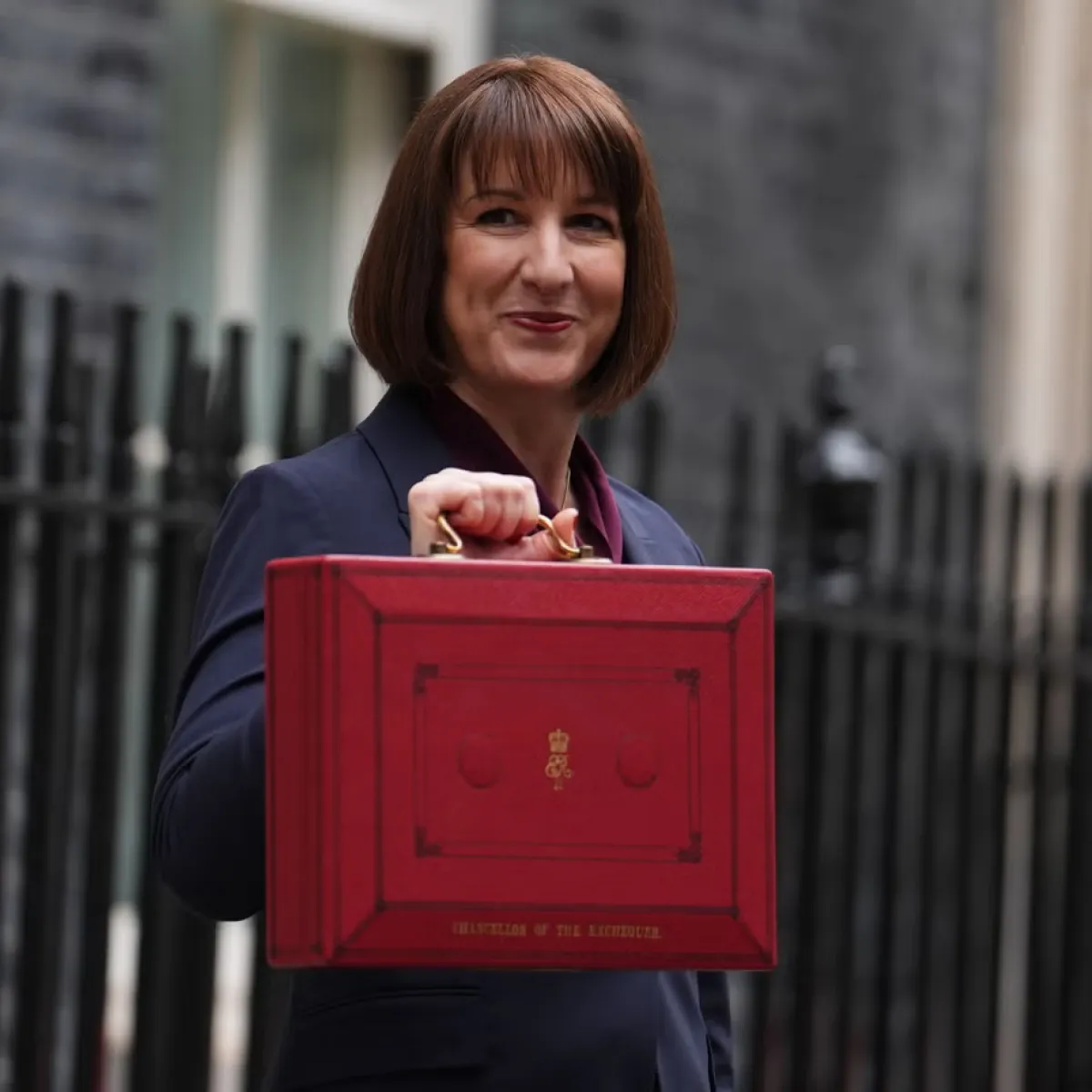This website uses cookies. Learn more
Hope of a diplomatic solution fades
Alice Pleasant, Political Consultant
The escalating situation on the border between Russia-Ukraine is something that has been troubling Western governments, including the UK’s, since well before recess. The immense build-up of military troops on the border has placed focus on the West’s response to Russia, and the significance of NATO. A spotlight has been shed on the role that Britain can play in international diplomacy outside of the EU. It has also led to scrutiny on Russian influence in British politics and the economy, with a renewed focus on economic crime, political donations and London property. There has been a cross-party in Parliament effort to force the government to make commitments to bring forward an Economic Crime Bill and to improve its sanctions regime.
There had been hope that there would be de-escalation in the conflict last week, with Russia already proving a political point that it can hold the West’s attention. However, it seems US intelligence is now suitably convinced of the prospect of further aggression towards Ukraine. The recognition of two ‘breakaway regions’ in eastern Ukraine has led to Russian troops entering the region. The coming days will be crucial to see if NATO and its allies and partners can work together to show a united front and implement sanctions, to try and find a diplomatic solution.
Spring Statement
Ian Stephens, Political Consultant
The Government has announced that the Chancellor of the Exchequer will deliver a Spring Statement on Wednesday 23 March 2022. With the news that nearly all Covid-19 restrictions will be removed or wound down in England by 1st April, the Spring Statement will be an opportunity for the Chancellor to demonstrate how the Government will support the UK’s economic recovery and help the country move on from COVID. The normal cycle of Budget policies has been disrupted over the past few years as a result of the pandemic – with a Budget in the spring of 2020 (delayed from 2019) and 2021 (delayed from 2020) and another Budget in Autumn 2021.
Tantalising little has been shared ahead of the statement so far. If the Government returns to its usual cycle of one major Budget in the autumn, then most policy announcements will be held back until then. Nevertheless, a prominent ‘announcement’ will be something we already know about - the confirmation of an increase in National Insurance Contributions. Billed as a levy to support the NHS, this proposal has come under fire from across the House. With inflation at 5% and expected to jump higher in April and workers facing the prospect of cash freezes to the personal allowance and higher rate threshold in income tax, cost of living fears have fuelled calls to delay the proposal for another year. As the UK begins the process of economic recovery the Chancellor will also be faced with calls from Cabinet and parliamentary colleagues for investment in areas such as levelling up, health, and education.
The Chancellor, known as a fiscal disciplinarian, is unlikely to cave to these demands – indeed, he recently authored with the Prime Minister an article in the Sunday Times defending the need to balance the books through these tax rises. The Government are adamant that the economic cost of Covid-19 needs to be addressed urgently to balance the books and the Chancellor would likely prefer to raise taxes now, with the opportunity to cut them ahead of a general election – any delay risks this opportunity.
The Chancellor, who has consistently been well regarded by contemporaries, continues to try and win the approval and support of his parliamentary colleagues, he will need to gauge how far he can push them on economic policy, without upsetting the applecart.
Online Safety Bill
Sam Greenwood, Political Consultant
A habit common to Government of every stripe is to seek to tackle complex and multi-faceted issues with a single towering piece of legislation. The Online Safety Bill is a prime example of such an approach, and its shortcomings. Initially tagged the Online Harms Bill, the legislation seeks to tackling everything from the responsibilities of major tech corporations to extreme dieting and some, if not all, types of online fraud – its three year journey has been rocky.
However, on Friday the Financial Times reported that the Cabinet had signed off on a toughened up draft of the Bill, partly along the lines demanded by the scrutiny committee in December and partly along lines laid by Nadine Dorries and Priti Patel. The DCMS and Home Secretary have apparently proposed new powers for Ofcom to require internet companies to proactively seek out and remove “both illegal content and content which is harmful to children”.
This means
the Bill should finally be coming before the House before the Queen’s Speech in
May. Yet with industry up in arms about the implications of the new
requirement, and restless backbenchers able and willing to trip the Government
on freedom of speech, the Bill’s journey to law remains one which is firmly
uphill.
The Future of “Living with Covid”
Imogen Naldrett, Political Consultant
The Government revealed on Monday its “Living with COVID-19” document, which signals a significant move in putting the pandemic of the last two years behind us.
The measures were outlined publicly by the Prime Minister at a press conference on Monday evening, joined by Sir Patrick Vallance and Sir Chris Whitty. The Government’s strategy is heavily reliant on vaccines as the first line of defence against any infections going forward and will remove all remaining legal domestic restrictions from Thursday 24th February, including an end to self-isolation requirements, free universal testing and the Track and Trace system. The Prime Minister was keen to emphasise that the most vulnerable in society will still be protected, with a new Spring booster to be offered to those aged 75 and over, care home residents and those over 12 years old who are immunosuppressed.
However, there has been little consensus among public health officials and ministers over the strategy, with disagreements arising over even such small details as the title of the document. A Cabinet meeting planned for Monday morning to sign off on the finalised plans had to be delayed after a reportedly ‘extraordinary’ row between Health Secretary Sajid Javid and Chancellor Rishi Sunak over the plan to scale down free Covid tests. Financial concerns ultimately overruled health ones, with the Treasury driving measures to reduce Covid spending by more than £10billion. This is the latest development against a backdrop of Government attempts to balance the books, with Sunak pursuing other unpopular measures such as recent tax rises. However, whether these calculations pay off is likely to be down to whether we are truly out of the pandemic and a divided front does little to instil confidence in the measures.
Stay in the loop with our experts




New Business: to find out how we can help you, contact our dedicated new businesss team consultancy@lansons.com
Careers: we’d love to hear from you, please visit our careers hub











